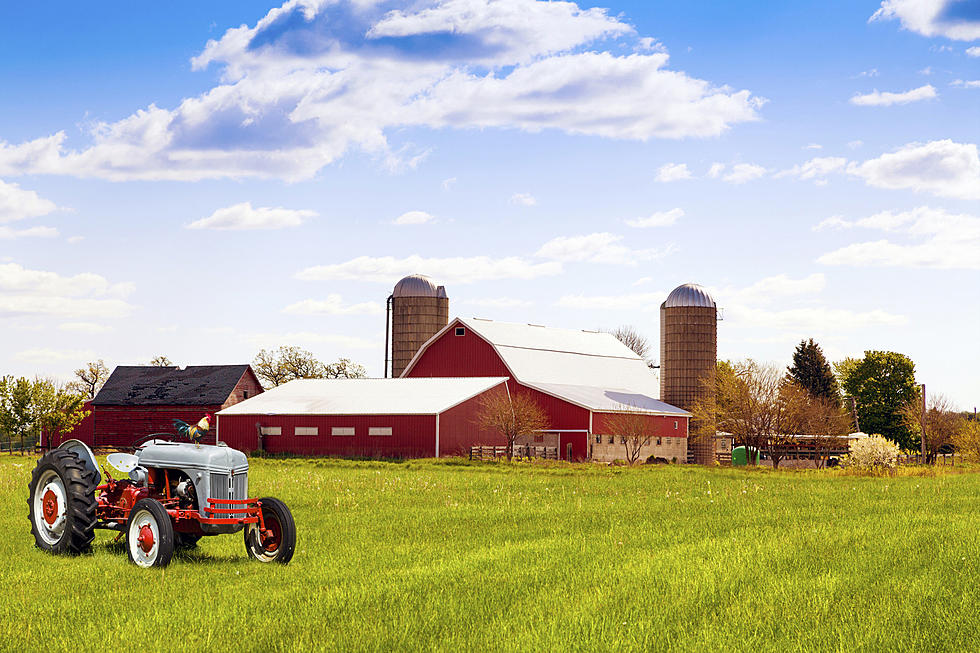![Soy and Corn Subsidies Soar, Report Shows [AUDIO]](http://townsquare.media/site/385/files/2013/07/Twinkies.jpg?w=980&q=75)
Soy and Corn Subsidies Soar, Report Shows [AUDIO]
Just in time for the Twinkies return to store shelves, a new study from the New Jersey Public Interest Research Group finds federal subsidies for commodity crops that become junk food additives would buy every taxpayer 20 Twinkies each year.
Meanwhile, the report finds subsidies for fresh fruits and vegetable would buy only half an apple per taxpayer.
The new report, "Apples to Twinkies 2013: Comparing Taxpayer Subsidies for Fresh Produce and Junk Food,' analyzes the subsidies within the Farm Bill that is set to expire in September. It finds corn and soy crops received the largest subsidies, the two commodity crops most used in the manufacturing of processed food.
"These taxpayer subsidized junk food ingredients also wind up in a host of different food products that contribute to the obesity epidemic, particularly in our children," says Jen Coleman, advocate with NJPIRG.
According to the report, the government subsidizes 17 of the 37 ingredients found in Twinkies, with $19.2 billion spent between 1995 and 2012 on corn syrup, high fructose corn syrup, corn starch, and soy oils (better known as hydrogenated vegetable oils). Compare that with apples, which only received $689 million in subsidies for the same period of time.
"It just doesn't make sense to spend $19.2 billion supporting an already profitable industry, especially when it's contributing to our childhood obesity epidemic."
While the Farm Bill is set to expire in September, a version of it was approved by the U.S. Senate and House-albeit with slightly less funding for commodity crops. The Farm Bill has origins to the Great Depression, and paid farmers who were struggling due to excess crop supply creating low prices.
In 1996, the first major structural change was made to the farm bill when Congress decided farm incomes should be managed by the free market and stopped subsidizing farmland and purchasing extra grain. Instead, the government began requiring farmers to enroll in a crop insurance program in order to receive farm payments. This led to years of the highest farm subsidies in American history, according to an article from NPR.
Coleman notes the practice has become outdated.
"These farm subsidies a vestige of a time past when there was a problem with the corn crop. At this point and time our corn producers are amongst the most profitable agricultural growers."
She encourages residents to contact their local representatives against what she calls "corporate handouts."
More From New Jersey 101.5 FM









